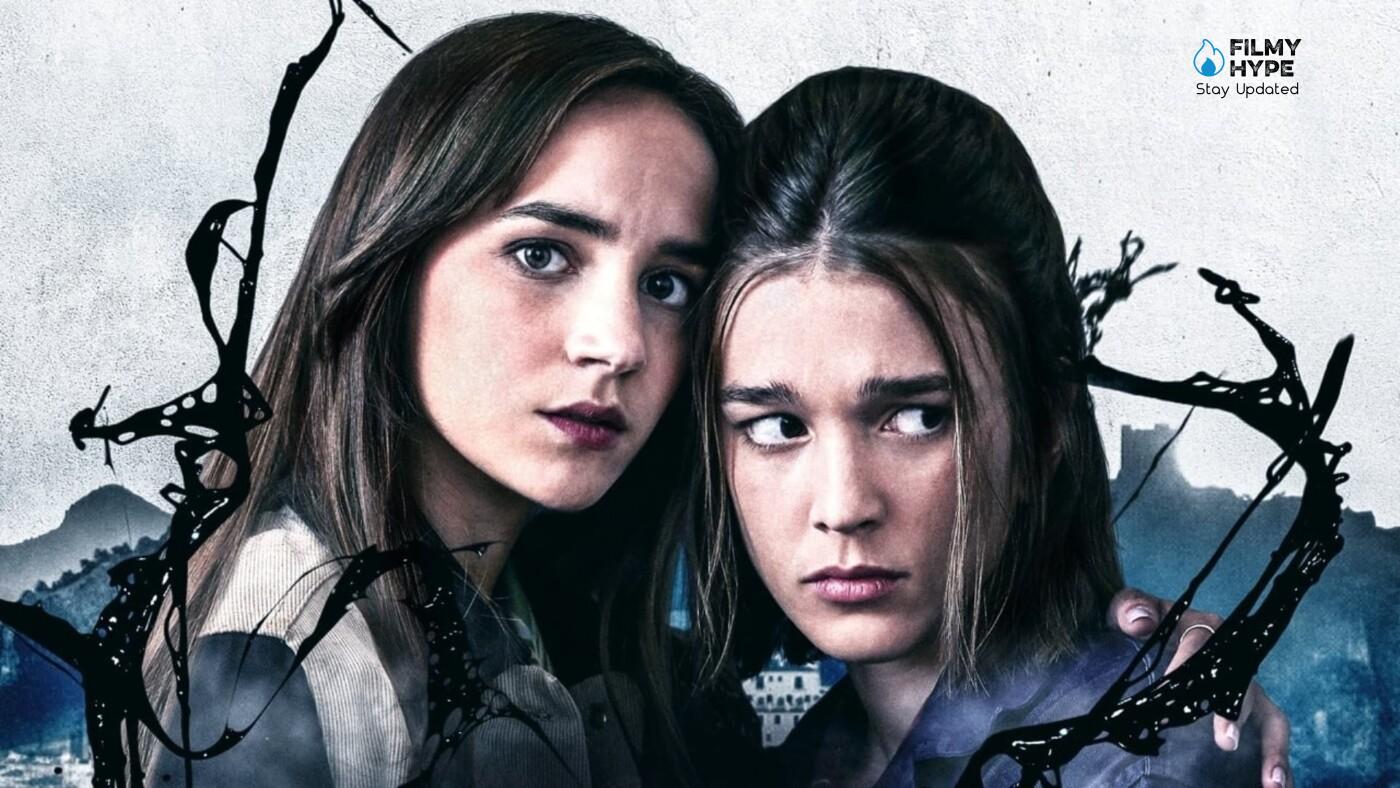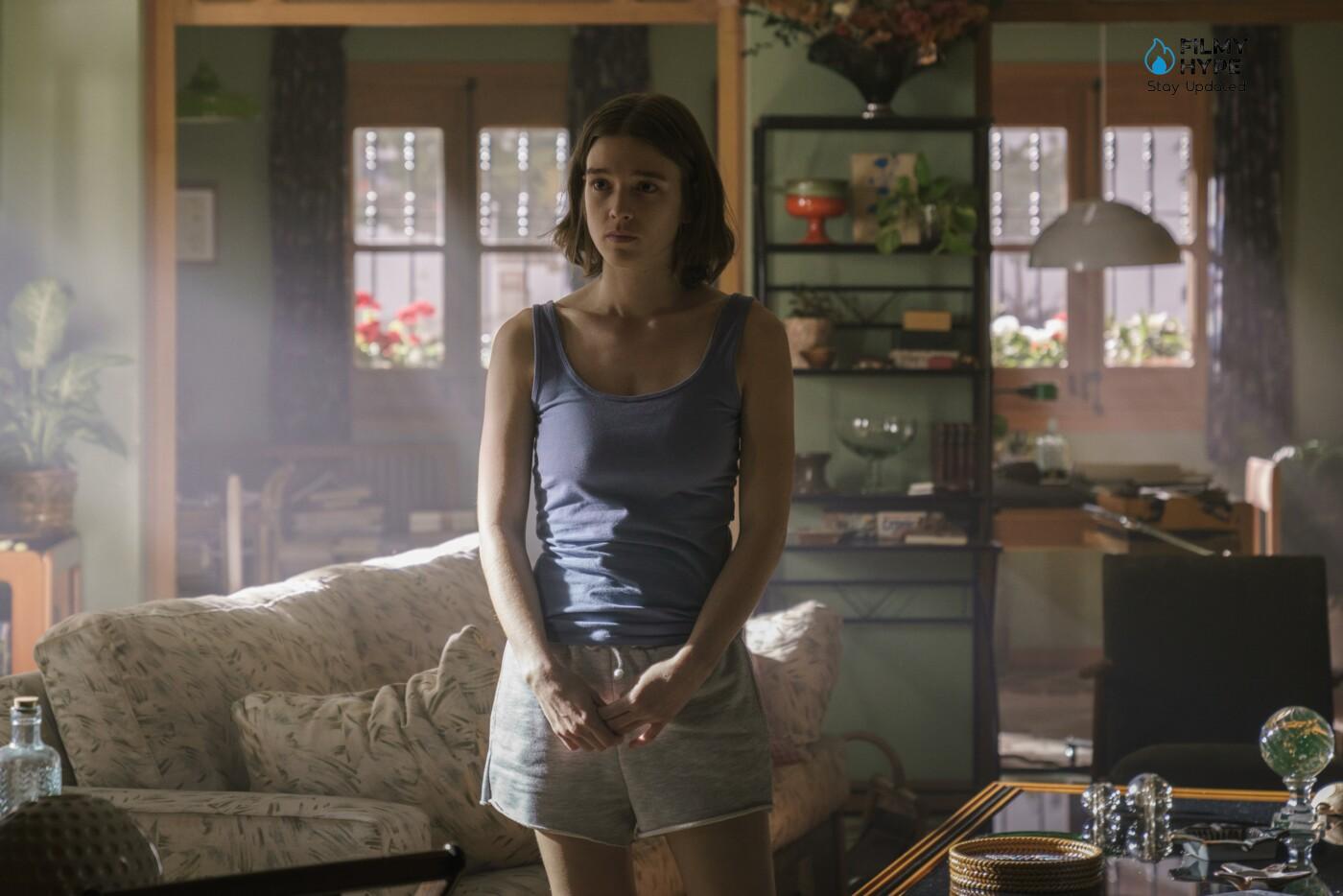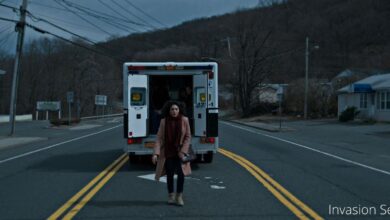Feria: The Darkest Light Review: On Netflix The Series That Mixes Thriller, Horror And Mysteries
The review of Feria - the darkest light, the Netflix series by Carlos Montero and Agustín Martínez that tells a story full of mystery, horror and mysticism set in a picturesque Andalusian village.
Starring: Carla Campra, Ana Tomeno, Isak Férriz
Creators: Agustín Martínez, Carlos Montero
Streaming Platform: Netflix (click to watch)
Filmyhype.com Ratings: 2.5/5 (two and half star)
Among the most successful products in the Netflix catalog are those starring teenagers or young adults who have to deal with supernatural problems much greater than themselves (an example of all could be the cult Stranger Things). Some of these may also be suitable for younger audiences (such as the Duffer brothers series) others instead point the accelerator slightly on their horror side and therefore refer to a more adult target audience: as we will see in this review of Feria – The darkest light, this Spanish show that has Carlos Montero (the same as Elite) among its co-authors, stages a deliberately explicit horror and touches on difficult issues such as sexual violence and mental manipulation that takes place within a sect. It is therefore more suitable, compared to a series like Elite, for a more mature audience.

The story created by Montero and Agustín Martínez, starts from particularly intriguing premises – a mass suicide of the members of a sect in a small town in Andalucia – and remains quite compelling for most of its development. always the pace is the right one for a story of this type and, as regards the horror side that initially seems so overwhelming, you never get enough hands to make what happens on screen really disturbing and scary.
Feria: The Darkest Light Review: The Story
The story begins in the mid-nineties, in a remote but picturesque Andalusian village, Feria. On the occasion of a village party, the two sisters Eva (Ana Tomeno) and Sofia (Carla Campra) spend the night with friends in the surrounding countryside: none of them notices, however, that their parents greet them as they go out there is something strange at home. The next day – you return home and notice the absence of their parents, Elena (Marta Nieto) and Pablo (Ernest Villegas) – the two teenagers are surprised by the entry into the house of a group of policemen armed to the teeth: according to a commissioner of Madrid arrived for the occasion, their parents are said to be responsible for a mass suicide that took place in a nearby mine, closed since Franco’s death.
A few hours earlier, in fact, 23 corpses were found at the entrance to the mine: people who – apart from a woman, the mother of a close friend of Sofia – did not live in the village and whose identity is still unknown. According to the surveillance video, Eva and Sofia’s parents accompanied the victims to the mine, Pablo would leave before entering and Elena followed them inside, then disappeared without a trace. As it is logical to imagine, the life of the two girls immediately changes radically: in the village they are looked upon with suspicion and the police believe it is impossible that they did not know anything about the religious sect to which the parents belong, as they discovered. From a more than ten-year correspondence found among Elena’s objects, an extremely complex and disturbing reality comes to light: numerous followers of the cult of Light believed that women were the “key” to open a portal between our world, considered a reality. fallacious created by a lesser God, and the Kingdom, the true reality, where there is no pain, guilt, fear but not even love and passion.
With the disappearance of Elena, however, for the followers of the Light things get more complicated, they must in fact find who is able to replace her and, unlocking five magical seals, open the portal to the Kingdom and their new life. But beyond that door, hidden in the depths of the mine, is there really a paradise hiding or is it just a hell disguised under another name? It will be up to Eva and Sofia to find out, especially since the latter could be the new key to unlocking the seals, the new Elena that the members of the sect need.
Feria: The Darkest Light Review
As we said Feria – The Darkest Light opens in a particularly captivating way, immediately capturing the viewer in a story full of mysteries and secrets, with a good dose of mysticism and folklore behind it that contribute to making the general atmosphere rather intriguing. Too bad, however, that the horror side of the story never becomes so explicit as to make that of Montero and Martínez a product more distinctly of this genre: the dark moments are there, but they are scattered throughout the episodes in a discontinuous manner. The rhythm and tension, then, do not turn out to be a crescendo – as is necessary in stories of this type – and we continue more to discover what lies behind the different mysteries presented in the course of the vision than because they are caught in a whirlwind of emotions.
The themes touched upon in the course of the narration are many and, in some cases, the disappointment remains that they have not been further investigated: the discourse of sexual violence – and the psychological impact on the person who suffers it – remains rather sketchy, not there is also no focus on the mental manipulation that occurs within a sect (how is it possible that Sofia is so easily convinced and misled?) and on all the problems deriving from growing up in a small and bigoted village, even in relationship to the discovery of one’s own sexuality. One thing that struck us, and we would have liked to have been treated more, is the role of Francoism in starting the story (from certain flashbacks it is clear how much it influenced the psychology of the characters):

Intensity is one of the main features of this series, seeking at all times to provide the story and the images with the gravity necessary to immerse the viewer in the suspense around this ritual sacrifice that has taken place in a small Andalusian town. However, ‘Fair: The darkest light’ does not seem to be as interested in this more general tragedy as the great impact it has on a family in the town. The parents of two teenagers have disappeared and are involved in what has happened.
From there, a series is created that is always based on contrast, since the two sisters are very different, something that will become more and more acute as the episodes go by. In addition, their personal dramas will collide head-on with the investigation surrounding those mysterious events. In its favor, it should be noted that ‘Fair: The darkest light’ never hides that there is a vital supernatural component behind everything, since it is not interested in playing with the doubt about whether the belief of that sect is founded or not.
Feria: The Darkest Light Review: The Last Words
We conclude this review of Feria The Darkest Light by underlining how it is a series with extremely intriguing premises, which initially captures the viewer, but which over time gets lost in some problems of rhythm and management of tension and horror.







